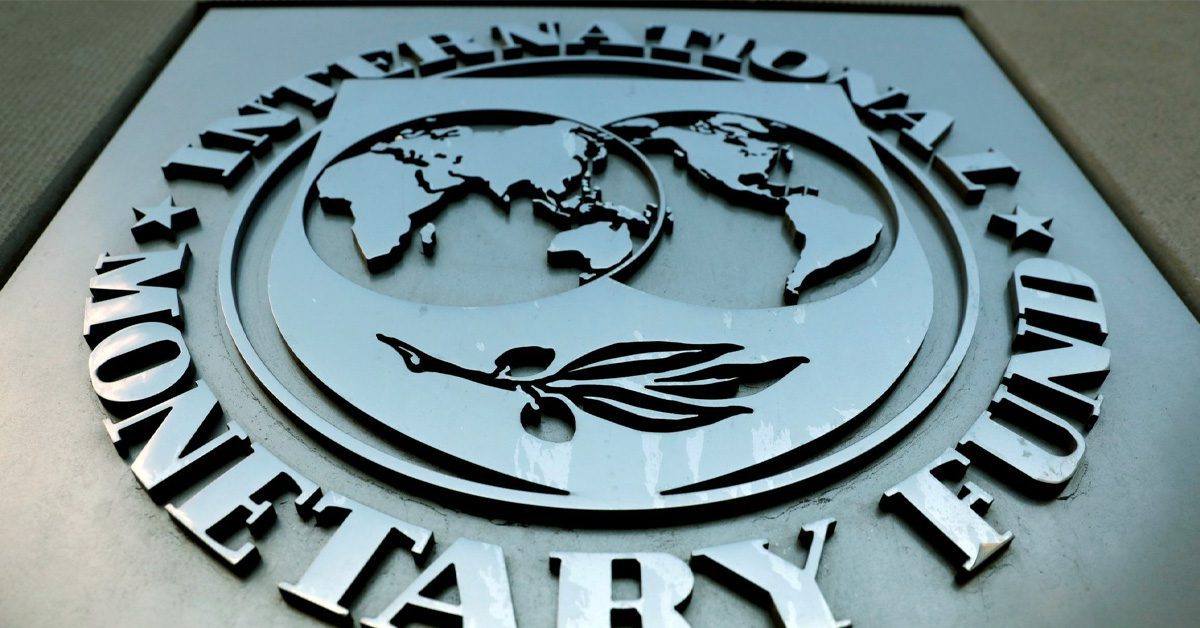The conflict between Israel and Hamas has decimated the economy of both the Gaza Strip and the occupied West Bank, according to the International Monetary Fund’s head, who added that only “durable peace” will improve the prospects.
“The Palestinian economy’s dire outlook is worsening as the conflict persists,” managing director Kristalina Georgieva said the World Governments Summit in Dubai.
“Only a durable peace and political solution will fundamentally change it” .
“Economically, the impact of the conflict has been devastating,” she added.
Economic activity in the war-torn coastal area fell by 80 percent between October and December compared to the previous year, according to the IMF head.
In the West Bank, the decline was 22%, she noted.
Israel’s revocation of 130,000 work licenses, the proliferation of checkpoints that have severely hindered transportation, the loss of tourism, the blockade of Gaza, and Israel’s withholding of tax revenues from the Palestinian Authority have all had a negative impact on the greater Palestinian area.
For more than four months, Israel has been pounding the Gaza Strip in reprisal for Hamas’ attack on southern Israel on October 7.
Georgieva spoke at the start of the World Government Summit, an annual gathering of top corporate and political leaders in the UAE that goes until Wednesday.
Beyond the Palestinian territories, the Israel-Hamas conflict has impacted the tourist industries of neighboring nations such as Egypt and Lebanon, she stated.
Meanwhile, attacks on commercial shipping by Yemen’s Huthi rebels, who the group claims are in solidarity with Palestinians in Gaza, are resulting in “rising freight costs and reduced Red Sea transit volumes (which are) down by nearly 50 percent this year in our PortWatch data,” Georgieva stated in her speech.
GDP growth in the Middle East and North Africa area is anticipated to increase from last year but will likely fall short of previous IMF estimates, owing in part to the Israel-Hamas conflict, according to the fund’s most recent forecast, released last month.

